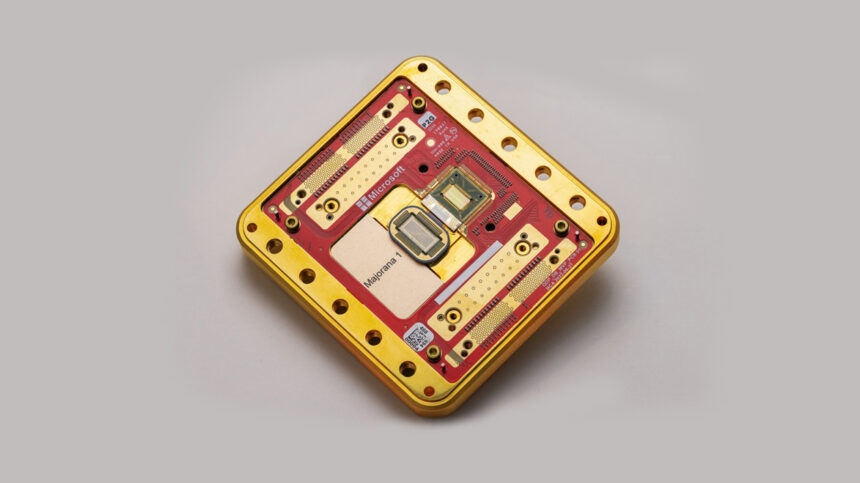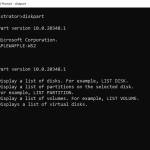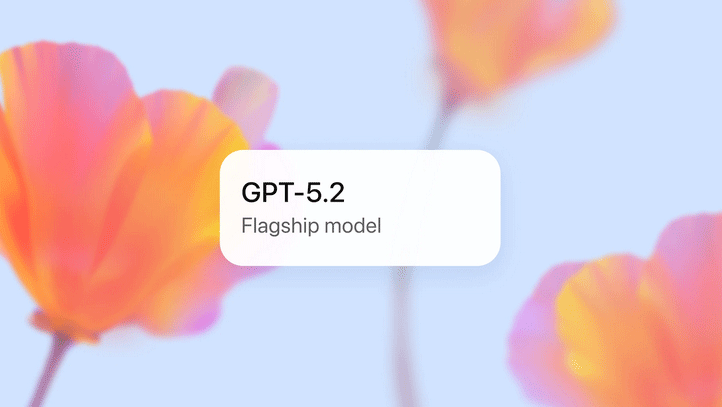Microsoft has made a major leap in quantum computing by introducing its new Majorana 1 chip. This innovative technology is expected to drastically reduce the time required for quantum computers to tackle complex industrial problems—potentially achieving breakthroughs in years instead of decades.
By leveraging topological qubits, Majorana 1 aims to improve the stability and scalability of quantum systems, addressing some of the biggest challenges in the field. If successful, this could position Microsoft as a key player in the race for practical quantum computing.
What is Majorana, and why is it important?
At the core of Majorana 1 lies an innovative design called the Topological Nucleus, built on topological qubits—a breakthrough in quantum computing. These qubits are designed to be significantly more stable and less error-prone than traditional ones, making them essential for developing scalable and reliable quantum systems.
A major breakthrough in this technology is the TOPOCONDUCTOR, a newly developed material that detects and controls Majorana particles. First theorized in the 1930s, these elusive particles have long fascinated scientists. However, Microsoft has successfully integrated them into its chip, paving the way for more robust and efficient qubits.
What makes this development truly groundbreaking is its potential to house up to a million qubits on a single chip. This unprecedented density could revolutionize industries like medicine and materials science by enabling highly precise simulations, leading to the discovery of new compounds and treatments.
Chetan Nayak, a leading technical expert at Microsoft, emphasized the significance of this achievement:
“We took a step back and asked ourselves, ‘What would a transistor for the quantum era look like? What properties should it have?'”
This forward-thinking approach has been instrumental in developing Majorana 1 and its unique architecture. Nayak further explained that the precise combination and quality of Microsoft’s new material stack has made this new type of qubit—and the entire architecture—possible.
In recognition of its technological leadership, the Defense Advanced Research Projects Agency (DARPA) selected Microsoft to develop a fault-tolerant quantum computer. This selection highlights the growing confidence in Microsoft’s advancements and its potential to lead the future of quantum computing.
While there are still challenges to overcome before quantum computers become mainstream, the launch of Majorana 1 marks a significant step forward. With this chip, Microsoft has demonstrated its ability to push the boundaries of innovation and laid the foundation for a new era in quantum computing—one that could solve problems once thought impossible.











